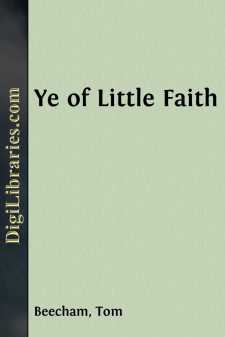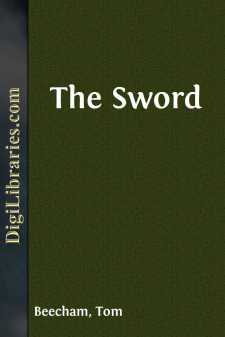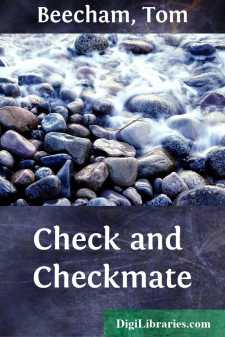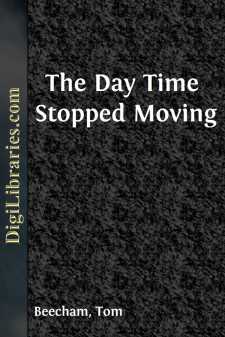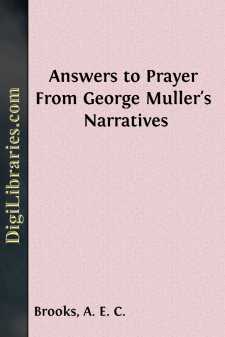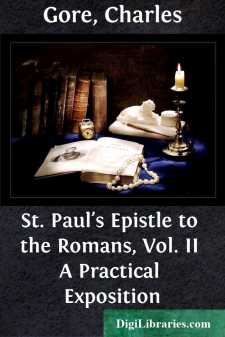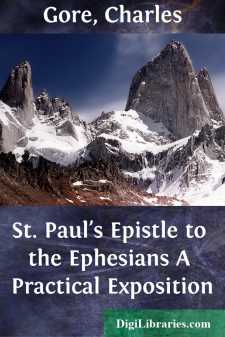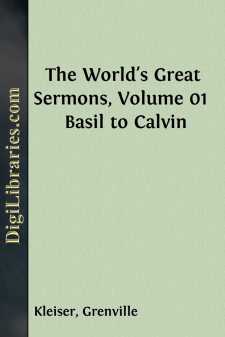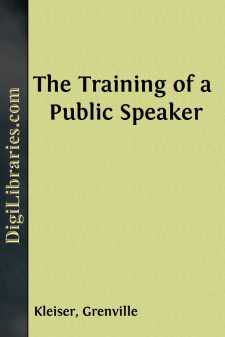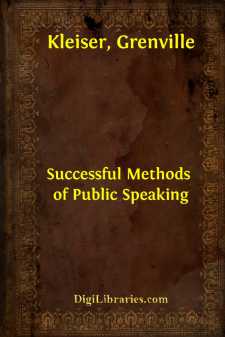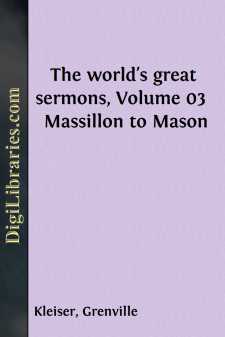Categories
- Antiques & Collectibles 13
- Architecture 36
- Art 48
- Bibles 22
- Biography & Autobiography 813
- Body, Mind & Spirit 142
- Business & Economics 28
- Children's Books 17
- Children's Fiction 14
- Computers 4
- Cooking 94
- Crafts & Hobbies 4
- Drama 346
- Education 46
- Family & Relationships 57
- Fiction 11829
- Games 19
- Gardening 17
- Health & Fitness 34
- History 1377
- House & Home 1
- Humor 147
- Juvenile Fiction 1873
- Juvenile Nonfiction 202
- Language Arts & Disciplines 88
- Law 16
- Literary Collections 686
- Literary Criticism 179
- Mathematics 13
- Medical 41
- Music 40
- Nature 179
- Non-Classifiable 1768
- Performing Arts 7
- Periodicals 1453
- Philosophy 64
- Photography 2
- Poetry 896
- Political Science 203
- Psychology 42
- Reference 154
- Religion 513
- Science 126
- Self-Help 84
- Social Science 81
- Sports & Recreation 34
- Study Aids 3
- Technology & Engineering 59
- Transportation 23
- Travel 463
- True Crime 29
Ye of Little Faith
by: Tom Beecham
Description:
Excerpt
The disappearance of John Henderson was most spectacular. It occurred while he was at the blackboard working an example in multiple integration for his ten o'clock class. The incompleted problem remained on the board for three days while the police worked on the case. It, a wrist watch and a sterling silver monogrammed belt buckle, lying on the floor near where he had stood, were all the physical evidence they had to go on.
There was plenty of eye-witness evidence. The class consisted of forty-three pupils. They all had their eyes on him in varying degrees of attention when it happened. Their accounts of what happened all agreed in important details. Even as to what he had been saying.
In the reports that went into the police files he was quoted with a high degree of certainty as having said, "Integration always brings into the picture a constant which was not present. This constant of integration is, in a sense, a variable. But a different type of variable than the mathematical unknown. It might be said to be a logical variable—"
The students were in unanimous agreement and, at this point, Dr. Henderson came to an abrupt stop in his lecture. Suddenly, an expression of surprise appeared on his face. It was succeeded by an exclamation of triumph. And he simply vanished from the spot.
He didn't fade away, rise, drop into the floor, or take any time vanishing. He simply stopped being there.
He just wasn't there any more.
The police searched his room in the nearby Vanderbilt Arms Hotel. They turned a portrait of the missing math professor to the newspapers to publish. Arbright University offered a reward of one hundred dollars to anyone who had seen him.
The police also found a savings pass book in his room. It had a balance of three thousand eight hundred and forty dollars, which had been built up to that figure by steady monthly deposits over a period of years. It also had a withdrawal of three hundred and twenty dollars two days before the disappearance. They were sure they were on the path to a motive. This avenue of exploration came to an abrupt end with the discovery that he had traded in his last year's car on a new one, and that sum had been necessary to complete the deal.
After the third day the blackboard had been erased and the classroom released for its regular classes. Police enthusiasm dropped to the norm of what they called legwork. Finding out who the missing man's acquaintances and friends were, calling on them and talking to them in the hopes of picking up something they could go on.
They passed Martin Grant by because they had heard from him in their initial work. In fact, he had been a little too present for their tastes.
After ten days they dropped the case from the active blotter. The University, seeing that there was little likelihood of having to shell out the reward money, increased it to five hundred dollars.
But Martin Grant continued to ponder over a conversation he himself had had with John Henderson during a dinner six weeks to the day before his old friend had vanished. He remembered his own words...
"... and so you see, John, by following this trail, I've arrived at a theory that has to do with the basic nature of the universe—of all reality. Yet things don't behave as they would if my theory were operating."
John Henderson frowned into space, disturbed. Visibly disturbed. Martin watched him with a twinkle in his eyes.
"You must have gone off the track on it somewhere, Martin," John said suddenly, as though trying more to convince himself than his listener....


